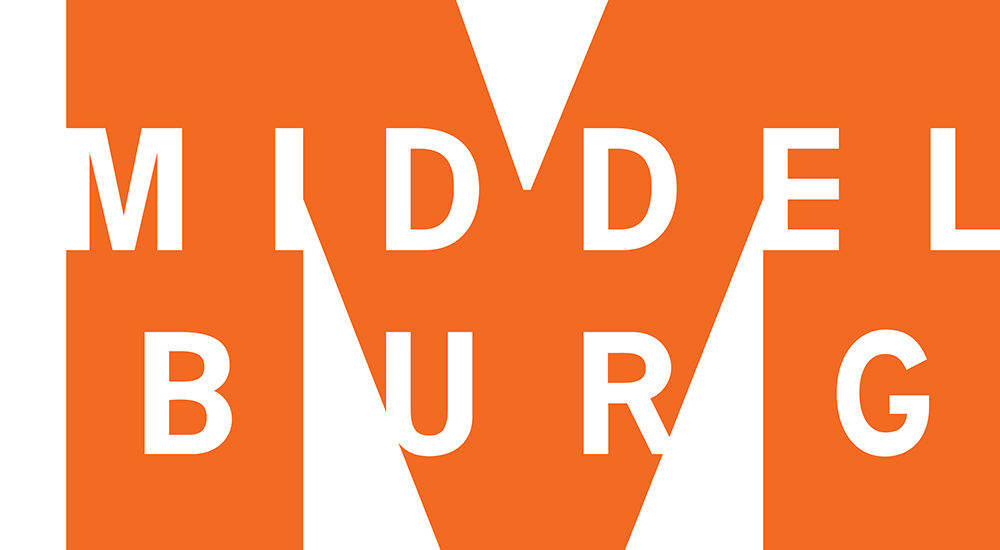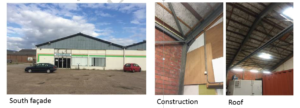The Dutch government wants to quickly reduce greenhouse gas emissions to deal with climate change. CO2 emissions from heating the homes must be reduced to zero by 2050. In the coming years, houses, offices and buildings in the municipality of Middelburg will also switch to a different source of energy for heat instead of natural gas and will be heated in a different way. The SHIFFT project is in line with these national and municipal objectives. Middelburg works within this project:
- together with knowledge partners and cities such as Bruges and Mechelen on their own transition vision “Heat”;
- to renovate the building of the Foodbank in Arnestein into a sustainable and fossil-free community building.
‘Heat’ transition vision and implementation plan
This policy document specifies per neighborhood how and when a neighborhood will be made more sustainable. An implementation plan is being worked out at neighborhood level together with residents and stakeholders. This provides a framework for home owners, network operators, heat companies and municipalities to make investment decisions. The SHIFFT project allows Middelburg to give shape and content to this participation process. The city can start with the application of various new technologies for heating homes and buildings in a pilot.
At the municipal level, we took the first steps this year to come to a municipal vision with a focus on alternatives to natural gas per district. We involve residents of the municipality of Middelburg by entering into a co-creation process with residents in the Dauwendaele and Griffioen districts.
A meeting was organized on December 7th 2020 with representatives of neighborhood teams (residents) in Middelburg. The meeting was about the energy transition and climate issues and how we can best involve residents in the process, in other words the communication strategy. The information from this meeting will be used to determine how we will approach the residents so that they can make the best possible contribution to the co-creation process. We will use existing networks in the neighborhoods, among other things.
Energy transition: the renovation of the Arnestein building as an example
In 2016, the Dutch government decided that an important part of the energy transition in buildings must be carried out by replacing natural gas in homes and community buildings with a renewable energy source over the next thirty years. In a country completely dependent on this fuel for heating, this means that a gigantic conversion of our heating infrastructure is required at a rapid pace.
There is no manual available on how to achieve this. In Middelburg we tackle this challenge in a practical way: we will explore in practice what options there are for becoming natural gas-free. We see the maintenance and renovation of our municipal buildings as an opportunity to take steps towards a natural gas-free future. In the SHIFFT project, we focus on the renovation of the Arnestein building, an industrial building from the 1960s / 1970s. The building is used by the Foodbank and to host community activities such as Repair Cafés. The building must become an example for future sustainable, fossil-free community buildings. Circular construction is the guiding principle for this renovation.
Circular and natural gas-free building
Last year, the municipality of Middelburg commissioned a feasibility study into the possible ways of heating the Foodbank. Various energy concepts have been visualized. In addition, it was investigated which buildings or building parts we can reuse for the food bank. We will now merge both studies to arrive at a concrete plan.



